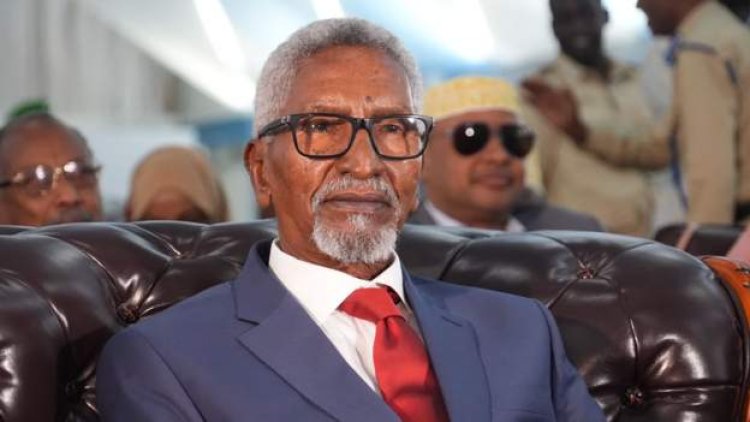Somalia's Senate Speaker is re-elected.
Political parties do not compete in elections, and the country has a complex and indirect political structure. Elections with a one-person, one-vote system are also not held.

Somalia's Senate Speaker has been re-elected, paving the way for the country to hold presidential elections.
Abdi Hashi Abdullahi was re-elected by the 54-member upper chamber in a vote held in a heavily guarded facility in Mogadishu's capital.
After his appointment, the only thing left to do is vote for the Speaker of the 275-member lower house, the chamber of parliament with the most authority and influence in Somalia, before presidential elections can be held.
Political parties do not compete in elections, and the country has a complex and indirect political structure. Elections with a one-person, one-vote system are also not held.
The lower house, on the other hand, is elected by delegates designated by clan elders and civil society members picked by regional state authorities. Senators are elected to represent each of Somalia's five regional states. The president is chosen by the two chambers.
The country has missed many election deadlines, leading to US penalties against lawmakers.
The delays have been exacerbated by the rivalry between the country's president and prime minister, which militants have exploited by increasing attacks in Mogadishu and targeting electoral delegates.

 Boakyewaa Lawrencia
Boakyewaa Lawrencia 



































